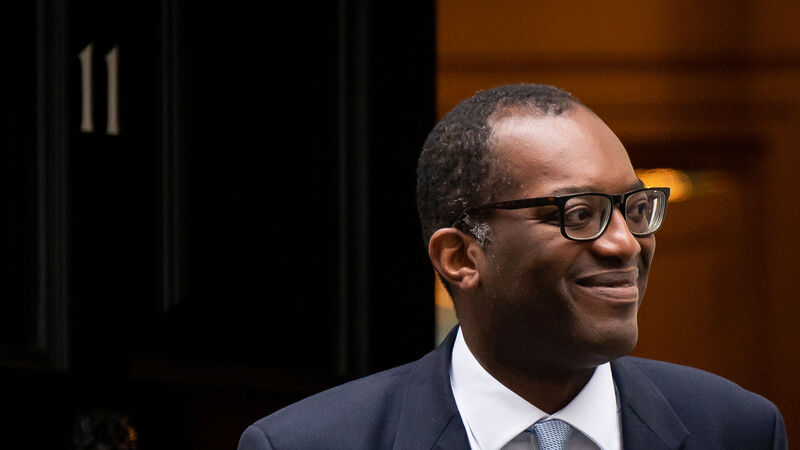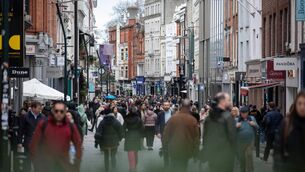Sterling hits historic low to drive expectations for large UK interest rate hikes

Chancellor of the Exchequer Kwasi Kwarteng: To publish a medium-term fiscal plan on November 23
Bank of England governor Andrew Bailey said on Monday the bank "will not hesitate" to raise interest rates if needed to meet its 2% inflation target, and that it was watching financial markets "very closely" following sharp moves in asset prices.
Sterling fell to a record low against the dollar at one stage on Monday, extending losses that had accelerated on Friday after chancellor Kwasi Kwarteng gave his first fiscal statement, promising big tax cuts.











